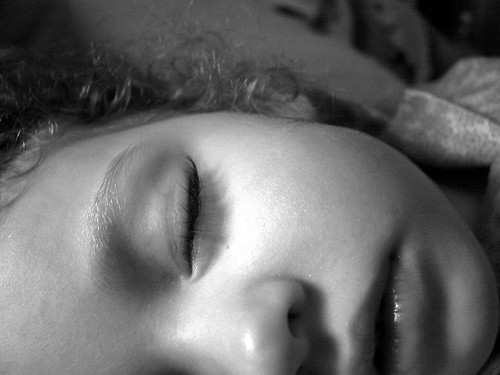When it comes to pregnancy, the anticipation of welcoming a new life into the world often comes with a plethora of dos and don’ts aimed at ensuring the health and well-being of both the mother and the baby. Among the sea of advice, the topic of alcohol consumption during pregnancy has been a subject of much debate and research. Recent studies suggest that even moderate alcohol use during pregnancy could have more significant effects on the developing fetus than previously thought, challenging the notion that small amounts are harmless.
The delicate balance of prenatal development is a marvel of nature, with each stage of pregnancy bringing critical developments in the fetus. It’s during these crucial periods that the fetus is most vulnerable to external influences, including the consumption of alcohol by the mother. Dr. Bakhireva’s extensive research through three prospective studies over a decade, involving 281 participants, sheds light on the nuanced impacts of even low to moderate alcohol consumption during pregnancy. These subtle yet significant changes include a reduction in birth length and a shorter gestation period, with variations observed between male and female infants.
The research highlights how these effects are more pronounced in male infants concerning gestational age, while the impact on birth length was stronger in females. This nuanced detail points to the complex interplay between alcohol exposure and fetal development, which can vary by sex. However, Bakhireva cautions against drawing definitive conclusions due to the study’s limited statistical power for sex-specific analysis and the inherent challenges of accounting for other contributing factors.
This groundbreaking study contributes to a growing body of evidence that challenges previously held beliefs about safe levels of alcohol consumption during pregnancy. The risks of heavy alcohol use, defined as 14 drinks per week or binge drinking, are well-documented, including preterm delivery, growth restrictions, and neurodevelopmental outcomes. However, Bakhireva’s focus on moderate alcohol exposure reflects a more common scenario among pregnant individuals, bringing attention to a prevalent issue with potentially overlooked consequences.
One of the stark revelations from the study is the vulnerability of the fetus during the early stages of pregnancy, a critical period for organ formation. Bakhireva notes, “Almost everybody drinks before they know they are pregnant, and risky drinking before pregnancy is predictive of drinking later on.” This observation underscores the importance of understanding patterns of alcohol consumption around conception and early pregnancy.

Despite most participants significantly reducing or stopping their alcohol consumption upon learning of their pregnancy, the study observed deficits in both male and female infants, underscoring the need for abstinence. These findings echo the National Institute of Alcohol Abuse and Alcoholism’s messaging that no amount of drinking during pregnancy is safe, aiming to maximize positive health and developmental outcomes for children.
The study also paves the way for future research, with Bakhireva leading the HEALthy Brain and Child Development study, which will examine the effects of different patterns and timing of alcohol use in a more nuanced manner. This national initiative aims to recruit 7,500 parent-child pairs for a study spanning up to 10 years, promising to provide more definitive answers and potentially influence public health recommendations.
The implications of prenatal alcohol exposure extend beyond birth, with the potential to cause a range of physical, behavioral, and cognitive impairments known as fetal alcohol spectrum disorders (FASD). These disorders can have lifelong effects, including learning and behavior issues, difficulty in managing emotions, and challenges in developing social skills.
The journey of pregnancy is one of hope and anticipation, but it comes with the responsibility of safeguarding the health and development of the unborn child. As research continues to unveil the subtle risks associated with even moderate alcohol consumption, it’s clear that the safest choice for expecting mothers is abstinence. By fostering an environment of support and understanding, free from stigma, society can encourage healthy choices that benefit both mother and child, ensuring the best start in life for the next generation.
Related posts:
Drinking alcohol while pregnant
Study: Moderate alcohol use during pregnancy linked to birth abnormalities





